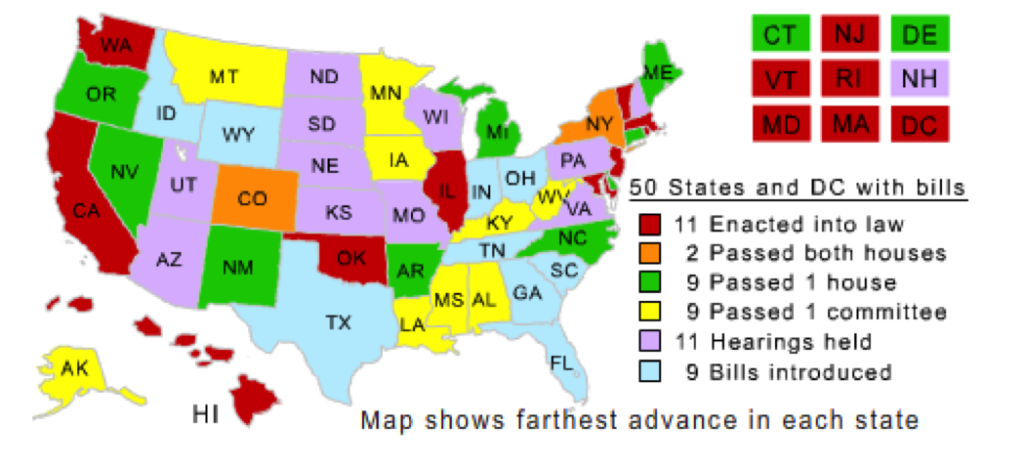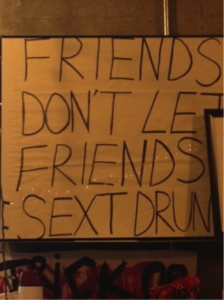
We’re All Students at the Electoral College
This week, seniors across the nation are receiving their university decision letters and choosing their future colleges. I think this means that it’s time to talk about another very important college: the electoral college.
The electoral college was created way back in 1787 by our founding fathers, intended to be the best method for choosing our presidents. They shot down the idea of Congress electing the president (not enough separation between branches of government) and direct popular vote (because then the South would have to figure out what to do about slaves), and ultimately settled on a system where a handful of electors choose the president for the country a few months after the popular election takes place.
Nowadays, however, some flaws in the system are pretty apparent.
- Only a few states actually matter. Because most states electoral college votes are winner-take-all (50% + 1 vote gets you 100% of electoral college), only the swing states really matter on election day. Historically blue (sound familiar, Washington?) or red states don’t get much time, money, or attention from the candidates – while swing states like Ohio and Florida are inundated with endless campaign propaganda.
- Faithless electors. This is admittedly rare, but not unheard of. Electors “pledge” to vote for the candidate who won the popular vote in their state, but aren’t legally bound to honor that pledge. This means that some sneaky electors have voted for another candidate than the one who won their state, going directly against voters’ mandate.
- 1876, 1888, 2000. Because of the way electoral math works out, a candidate who did not win a plurality of popular votes has been elected President three times in our history. Yikes! Popular interest and electoral vote aren’t always one and the same.
On that note, I have two pieces of news. First: the electoral college isn’t going away anytime soon. Second: this doesn’t mean we can’t have a popular vote.
The National Popular Vote Interstate Compact, an agreement between states that is currently being debated across the nation, would utilize the electoral college system to create what is effectively a popular vote. Since the Constitution permits states to decide the method of appointing and pledging their electors, states who join this compact pledge their electors to whoever wins the national popular vote. If enough states do this – however many it takes to get to 270 votes, or a majority of the 538 needed to win – then whoever won the November popular election would be guaranteed an electoral victory as well, meaning we would effectively have a direct popular vote.

Progress of national popular vote bills by state. Credit: www.nationalpopularvote.com/map.php
In recent news, New York just became the 11th state to join the interstate compact since 2007. This means that 165 electoral votes, or 61% of the votes needed to achieve a direct popular vote, have been pledged to support the popular vote winner. That’s no surprise, since over 70% of Americans support a popular vote.
There’s not much Washingtonians can do now – our state has already joined the compact and passed the bill! However, keep a look out for this issue nationwide. If this passes, candidates will have to win everyone’s vote, and Washington voters will finally get the love we deserve!
This Blog post was written by 2014 Bus Intern and Hella Bus Content Lead Isabella Fuentes!

